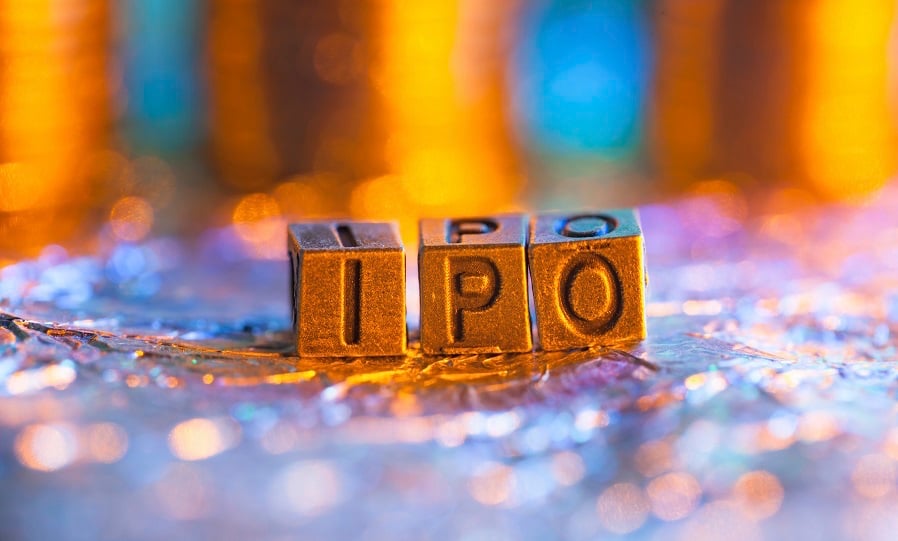With 2019 shaping up to be one of the
hottest years for initial public stock offerings since the late 1990s, financial advisers are often finding themselves in the position of disappointing clients who want their blessing to invest in the
latest IPO.
"The thing about IPOs is that they can provide a great opportunity for people inside the company who have access to shares at the offering price," said Eric Roberge, founder of the financial advisory firm Beyond Your Hammock. "But it may be less of a good opportunity for all other investors, because there's a rush to buy, which drives the price up."
The 18 IPOs in the first three months of the year, which raised $4.7 billion, didn't set any records for the number of IPOs in a quarter — there were 60 IPOs in the second quarter of last year, for example — but most of the focus has been on the market performance of the newly public companies.
In addition to high-profile IPOs this year such as Levi Strauss (LEVI) on March 20, and Lyft (LYFT) on March 28, there has been some strong post-IPO performance.
Pinterest (PIN) is up more than 70% from its April 17 IPO, and Zoom Video (ZM), which went public the same day, is up more than 86%.
Silk Road Medical (SLK) is up more than 98% from its April 3 IPO, and Jumia (JMIA) has gained more than 200% since its April 11 IPO.
Investors who want to particpate in the IPO market may want to consider two exchange-traded funds that track the IPO market that are eclipsing the S&P 500 Index, which has gained 16% so far this year.
The First Trust US Equity Opportunities ETF (FPX), is up 23.5% from the start of the year, and the Renaissance IPO ETF (IPO) is up 34.8%.
"I would describe the market as very robust, but I don't think it's too hot," said Josef Schuster, manager of the $1.1 billion First Trust IPO fund.
Mr. Schuster's index fund adds companies about three months after they go public and holds them for an average of four years.
Although the number of recent IPOs pales in comparison to those of the last 1990s, the size and quality of today's IPOs are noteworthy, according to Mr. Schuster.
"The kinds of companies going public today are five times larger than what we saw in the '90s, and they're usually going through one or two rounds of financing prior to going public," he said.
"It's precisely because the IPO market is hot that it puts you at risk of buying high when there's a frenzy of media attention over this, and then selling low if the share price falls in the wake of the initial enthusiasm," said Mr. Roberge, who opposes buying individual securities in general and IPOs in particular. "And then you start feeling not so hot about this lower-value stock you're hanging on to."
"Obviously, this doesn't always happen," he said, "but these are things I want my clients to be generally aware of."
Meanwhile, James Gambaccini, managing partner at Acorn Financial, is carving out a niche in the IPO market by acquiring
pre-IPO shares from owners who want liquidity.
The initial investments typically start around $250,000 and the investors need to meet certain accreditation requirements, but Mr. Gambaccini said he is discovering a flush market of owners needing liquidity prior to the IPO.
"The companies usually have first right of refusal to buy shares back, but if they're close to the IPO they can't buy back shares, so they come to a firm like ours," he said.
For Mr. Gambaccini, the appeal is sometimes buying shares below the IPO price.
"The risk is they may never go public or you might have to wait five years for the IPO," he said. "And, because it's still a private company, the transparency is low."







